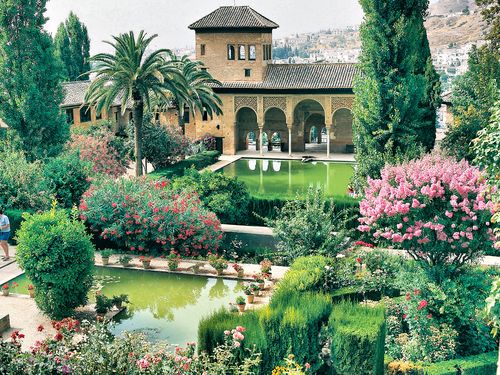Exploring the Rich and Diverse Culture of Oromo People
For centuries, the Oromo people have stewarded a rich and diverse culture that spans across Ethiopia, Somalia, and Kenya. As the largest ethnic group in Ethiopia, the Oromo culture plays a significant role in the country’s social fabric and traditions. In this article, we will dive deep into the Oromo culture to discover its unique traditions, beliefs, and practices.
Language and Identity
The Oromo people have a distinct language called Afaan Oromo, which is one of the Cushitic languages spoken in the Horn of Africa. Afaan Oromo is the second most widely spoken language in Ethiopia, after Amharic. It is an important aspect of the Oromo cultural identity and serves as a symbol of unity and solidarity among the Oromo people.
Oral Tradition and Art
Oral tradition is a fundamental aspect of the Oromo culture. It involves the transmission of history, culture, and knowledge from one generation to another through storytelling, poetry, and song. Additionally, art is an essential aspect of the Oromo culture. The Oromo people have a rich artistic tradition that includes pottery, weaving, and wood carving.
Rituals and Festivals
The Oromo culture is deeply rooted in rituals and festivals. Most of these rituals and festivals revolve around agriculture, as most Oromo people are farmers. The Guji and Borana Oromo, for instance, celebrate the Irreechaa festival, which marks the end of the rainy season and the beginning of a new harvest cycle. During this festival, people gather at the Hora Harsadii (Lake Harsadi) in Bishoftu to give thanks to Waaqaa (God) for the bountiful harvest.
Gender Roles and Marriage
The Oromo culture has well-defined gender roles, with men traditionally serving as providers and protectors while women primarily take care of children and the home. Additionally, Oromo society practices arranged marriages, with parents playing a significant role in the selection of spouses for their children.
Conclusion
In conclusion, the Oromo culture is a rich and diverse tapestry woven from centuries of tradition, beliefs, rituals, and practices. It is a crucial aspect of the cultural heritage of Ethiopia and the Horn of Africa as a whole. The Oromo people take pride in their traditions, and through their oral traditions, art, rituals, and festivals, they continue to pass them down to future generations.
(Note: Do you have knowledge or insights to share? Unlock new opportunities and expand your reach by joining our authors team. Click Registration to join us and share your expertise with our readers.)
Speech tips:
Please note that any statements involving politics will not be approved.
